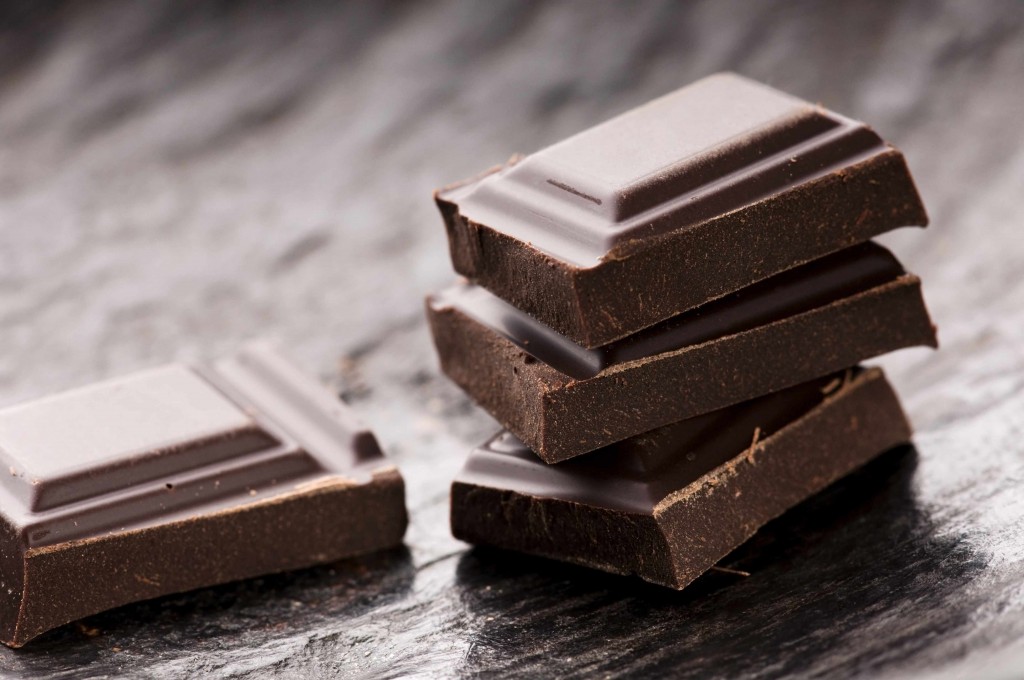-
MAYO CLINIC RADIO
They're often no larger than a grain of sand ... but they can be extremely painful. Kidney stones are small, hard mineral deposits that form in your kidneys, and they're more common during the summer months. On this week's program, urologist Dr. Amy Krambeck explains what causes kidney stones and how they're treated. Also on the show, cardiologist Dr. Stephen Kopecky discusses a new study that shows cardiovascular benefits from eating both dark and milk chocolate. And anesthesiologist Dr. Denise Wedel reviews the latest advances in high-tech anesthesia.
Myth or Matter-of-Fact: There is a kidney stone "belt" in the U.S. where kidney stones are more prevalent.
Mayo Clinic Radio is available on iHeartRadio.
Click here to listen to the program at 9:05 a.m. CT, Saturday, July 11, and follow #MayoClinicRadio.
To find and listen to archived shows, click here.
Mayo Clinic Radio is a weekly one-hour radio program highlighting health and medical information from Mayo Clinic.








